The search for the next wonder horse
As Tattersalls celebrates its 250th birthday, Mark Hedges reports on the potent alchemy of horseflesh and hope in this theatre of dreams
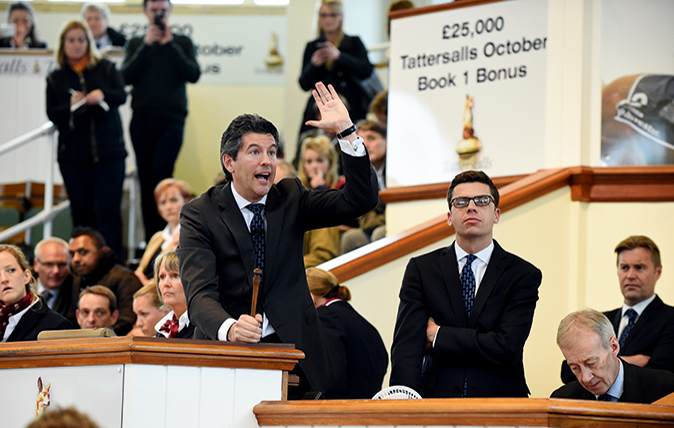

Mark Hedges reports on the thrill of the chase which Tattersalls provides for everyone from amateur owners to kings and queens, as they bid on their horseracing dreams
Could this be the one? The young Thoroughbred, its conformation and pedigree inspected by prospective buyers, is led calmly around the cavernous sale ring, its flanks gleaming in the shafts of sunlight. Everyone is looking for the next wonder horse, a blend of speed, stamina and, above all, a heart for the job: the next Pegasus. Tattersalls, the bloodstock auctioneer, is a great institution. Like Rolls-Royce and the MCC, it’s something unique to this country and makes you proud to be British. This year, it celebrates 250 years since its founder, Richard Tattersall, left his father’s farm in Lancashire to sell horses at London’s Hyde Park Corner.
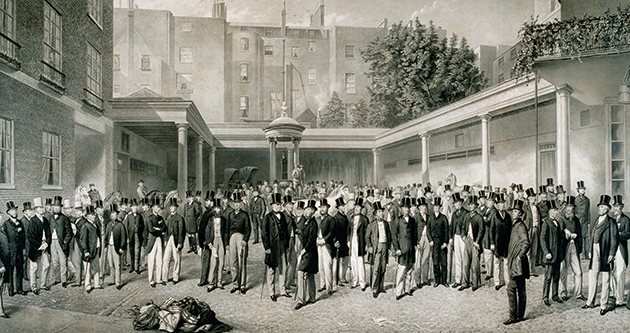
The firm is still a beacon for integrity and for the quality of the horses it sells. In 1965, under the guidance of its then chairman, Ken Watt, the company moved from its Knightsbridge base, where the rules of gambling were originally set, to Flat racing’s headquarters, Newmarket, where it occupies Park Paddocks, a purpose-built sale ring, complete with several hundred stables, offices and an elegant dining room based on a Georgian orangery.
The grounds in which the horses are paraded resemble a country-house garden, with neat roses climbing the flint walls and clipped lawns. The focal point is the iconic stone cupola surmounted by the bust of George IV, with a fox at its centre, one paw raised, which is the firm’s motif.
Edmond Mahony, chairman of the company today, is a consummate horseman, whether judging the potential of a young Thoroughbred, competing his show hunters or fulfilling his duties as master of the Louth Foxhounds. His aim is to continue to run Tattersalls with the standards and ethos of a family company—it is this, perhaps, that makes it such a success. The company offers 10,000 Thoroughbred horses each year, during 15 sales, either in Newmarket or at Fairyhouse in Co Meath, Ireland, and draws a global audience— each year, buyers come from some 50 different countries.
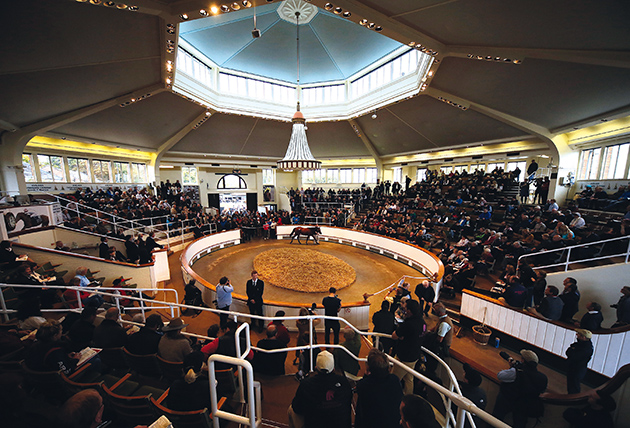
The sale ring represents a Roman amphitheatre, but here, the competitors are in the stands, bidding against each other for foals, yearlings, mares and horses in training in the ring below. Tension rises like the hastening staccato chords of Beethoven’s 5th Symphony before the auctioneer’s hammer brings the movement to an abrupt end.
Dreams are made and lives may be changed, but hopes can also be shattered before the gavel thumps against the wooden rostrum and the horse is led out of the saleroom to a new owner.
Sign up for the Country Life Newsletter
Exquisite houses, the beauty of Nature, and how to get the most from your life, straight to your inbox.
Many of these horses are deemed as valuable as an Old Master, but if they fail on the racecourse, their value can plummet to almost nothing.
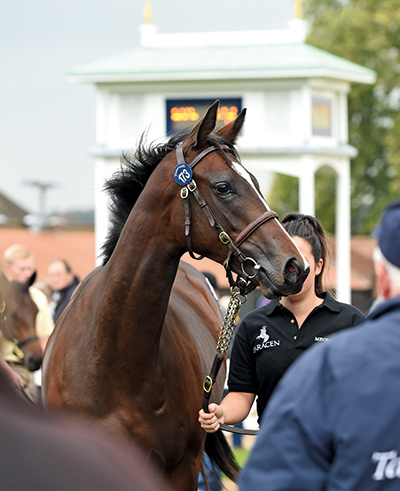
Horses are still sold in guineas here (a guinea is £1.05) and the company keeps the 5p on every transaction. Last year, Tattersalls turned over 262 million guineas— its top price of 2.1 million was for a yearling filly by the star stallion Dubawi. The company’s anniversary year got off to a good start in February with a turnover of 2.7 million guineas, a 5% increase on the previous year.
These purchases are an alchemy of hope and horse flesh: buy a horse that turns into a champion and it will make millions more in a very short space of time. Four of the Derby winners in the past 10 years were bought at Tattersalls’ October Yearling Sale.
Some of the most prolific winners, such as the 2001 Derby winner Galileo and Dubawi, unbeaten in his two-year-old season, cover mares for a stud fee of more than £200,000, up to 200 times a year. On sale days, there’s a buzz around the stables, as bloodstock agents assess the merits of the occupants. An eye for potential is essential and the best agents, the ones with the Midas touch, are in great demand from rich owners.
A horse is assessed for its pedigree, which is laid out in the catalogue (the more black ink and black type on the page the better), its physical shape and the fluidity and straightness of its movement—horses are walked towards and away from a possible purchaser.
Agents don’t always get it right: the 2015 Derby and Arc winner, Golden Horn, was led out of the ring unsold as a yearling after failing to make his reserve price of 190,000 guineas—by no means a top price. Despite the slings and arrows of the global economy, Tattersalls’ audience continues to grow; the lure and glamour of horse racing—the sport of kings and queens—is timeless.
Tattersalls, Newmarket, Suffolk (01638 665931; www.tattersalls.com)
-
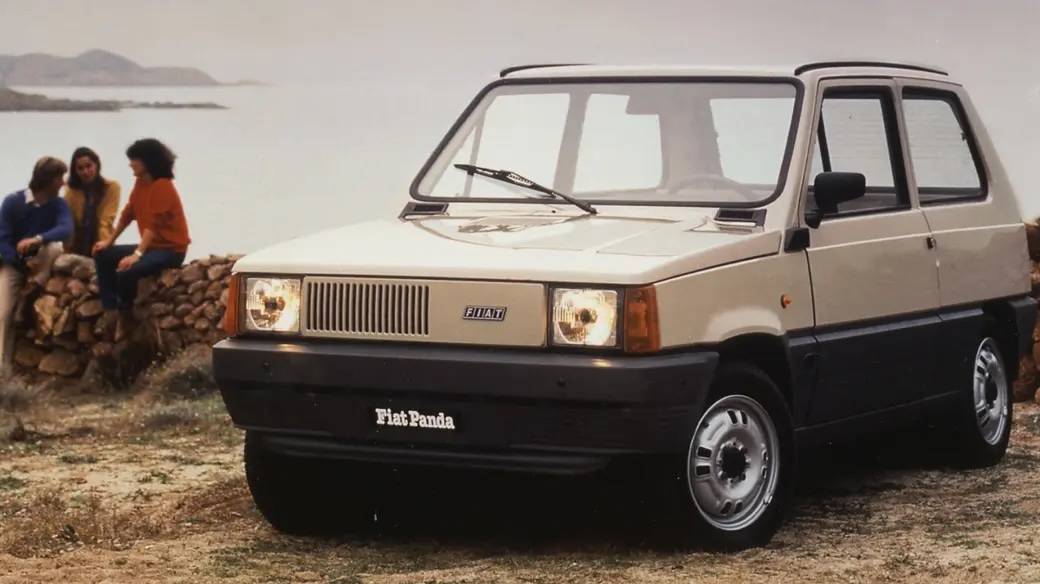 Helicopters, fridges and Gianni Agnelli: How the humble Fiat Panda became a desirable, design classic
Helicopters, fridges and Gianni Agnelli: How the humble Fiat Panda became a desirable, design classicGianni Agnelli's Fiat Panda 4x4 Trekking is currently for sale with RM Sotheby's.
By Simon Mills
-
 What's a 'wellness village' and will it tempt you back into the office?
What's a 'wellness village' and will it tempt you back into the office?The team behind London's first mixed-use ‘wellness village’ says it has the magic formula for tempting workers back into offices.
By Annunciata Elwes